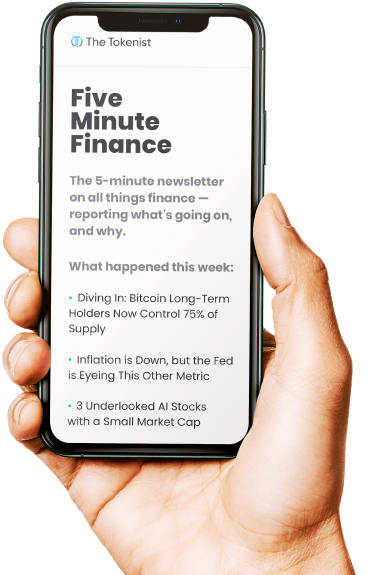
Why is Opendoor Technologies Stock Skyrocketing Today?
Opendoor Technologies (NASDAQ: OPEN) shares experienced a dramatic surge of over 50% on Thursday, September 11, 2025, following major leadership changes that have reinvigorated investor confidence in the struggling real estate platform. The company announced the appointment of former Shopify COO Kaz Nejatian as its new CEO, while bringing back co-founder Keith Rabois as Chairman of the Board. This management shakeup comes after months of pressure from investors and represents a significant turning point for a company that was previously at risk of being delisted from the Nasdaq.
New CEO and Co-Founder Return Reignite Investor Confidence
The appointment of Kaz Nejatian as CEO represents a strategic move to bring proven tech leadership to Opendoor’s struggling operations. Nejatian, who served as Shopify’s Chief Operating Officer, brings extensive experience in scaling technology platforms and leading product teams. His departure from Shopify is scheduled for September 12, with the e-commerce giant planning to redistribute his responsibilities internally. The market’s enthusiastic response reflects confidence in Nejatian’s ability to leverage artificial intelligence to make home buying and selling “radically simpler, faster and more certain.”
Equally significant is the return of co-founder Keith Rabois as Chairman of the Board, alongside fellow co-founder Eric Wu’s return as a board member. Rabois, a partner at Khosla Ventures who helped launch Opendoor, has been actively advocating for leadership changes throughout 2025. Lead Independent Director Eric Feder emphasized that the founders’ return would “inject the ‘founder DNA’ and energy at a pivotal moment for Opendoor.” This move follows the resignation of former CEO Carrie Wheeler last month, who stepped down amid mounting pressure from shareholders as the company struggled with its turnaround efforts.
The leadership changes are accompanied by a substantial financial commitment, with Rabois’s venture capital firm Khosla Ventures and Wu investing $40 million in the company through securities purchase agreements. Opendoor stated it plans to use these funds “to fund continued investment in the business,” providing the capital needed to execute its strategic vision under new leadership.
Join our Telegram group and never miss a breaking digital asset story.
Shares Surge Over 50% but Valuation Risks Remain
As of 11:08 AM EDT on September 11, 2025, OPEN shares were trading at $9.04, representing a remarkable 54.24% gain (+$3.18) from the previous close of $5.86. The stock opened at $7.61 and reached an intraday high of $9.43, with trading volume exploding to 484.6 million shares compared to the average volume of 283.4 million. This surge represents the continuation of an extraordinary year-to-date performance, with OPEN shares up over 470% since the beginning of 2025, dramatically outperforming the S&P 500’s 11.84% gain.
The stock’s remarkable transformation from near-delisting risk to meme stock status has been one of 2025’s most dramatic turnaround stories. Shares traded below $1 earlier this year and ended June at just $0.53, putting the company in danger of Nasdaq delisting. The current market capitalization of approximately $6.7 billion reflects renewed investor confidence, though it comes with significant skepticism from analysts. The consensus price target among 8 analysts remains at just $1.24, suggesting a potential 78.80% downside from current levels, with recommendations averaging a “Hold” rating.
Despite the stock’s meteoric rise, fundamental challenges remain evident in the company’s financial metrics. Opendoor continues to operate at a loss with negative earnings per share of -$0.43 and a profit margin of -5.89%. The company’s high beta of 3.11 reflects its extreme volatility, while its price-to-sales ratio of 0.81 suggests the market may be pricing in significant future growth expectations that the new leadership team will need to deliver.
Disclaimer: The author does not hold or have a position in any securities discussed in the article. All stock prices were quoted at the time of writing.




